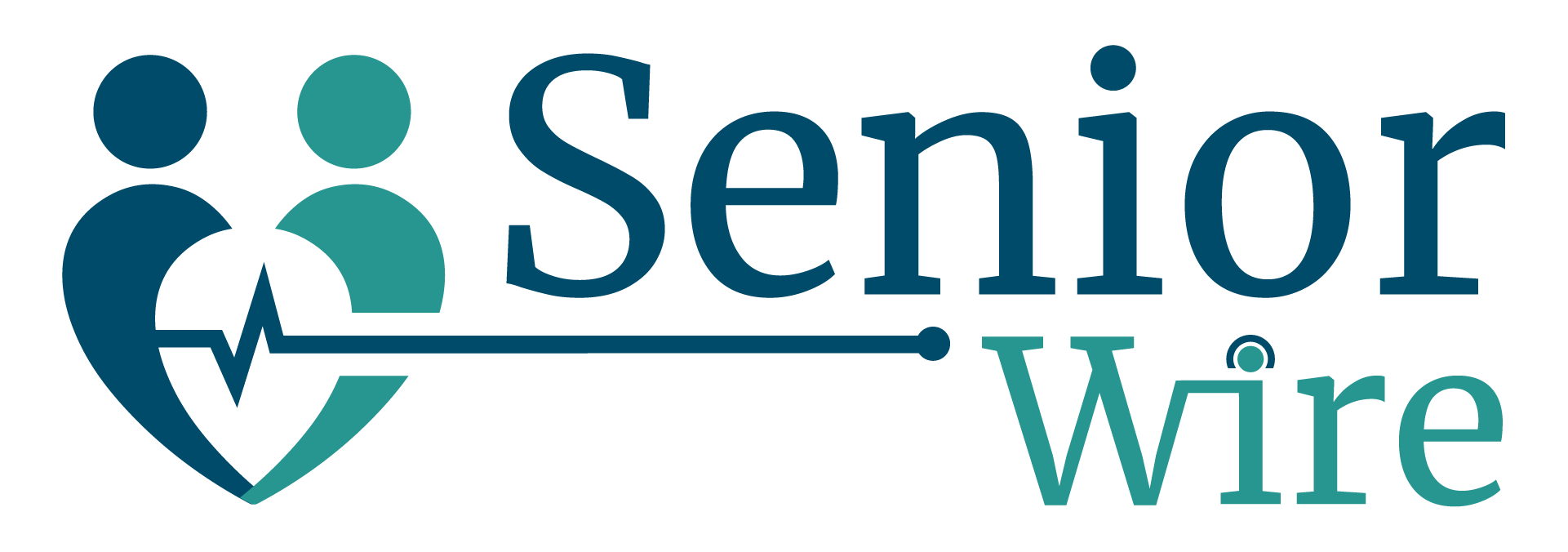What Does Dual Eligible Mean: Unlocking More Benefits
If you have Medicaid benefits and are about to get Medicare, you might have heard the term dual eligibility. But what does dual eligible mean?
Being dual eligible means you can receive health coverage from both programs. This can make a world of difference in making healthcare more affordable. So, if you have been wondering, “what does dual eligible mean,” buckle up because you’re about to learn how to tap into a powerful combination of benefits from Medicare and Medicaid.
Who Qualifies as Dual Eligible?
Generally, eligible beneficiaries qualify for dual eligibility if they meet Medicare and Medicaid eligibility requirements. While these can vary based on where you live, here are some general guidelines:
Medicare Eligibility:
- You’re typically eligible for Medicare if you’re 65 or older and a U.S. citizen or legal resident.
- You can qualify at a younger age if you have certain disabilities.
- To learn more about Medicare eligibility, visit Medicare.gov or call 1-800-MEDICARE for comprehensive, tailored information.
Medicaid Eligibility:
- Qualifying for Medicaid often depends on income and resources.
- You might be eligible for Medicaid and Medicare, gaining dual-eligible status if you have limited income and assets.
- Medicaid can assist with various healthcare expenses like premiums, deductibles, and copayments, helping you save on out-of-pocket costs. For information about Medicaid eligibility and potential cost-saving benefits, visit Seniors & Medicare and Medicaid Enrollees on Medicaid.gov.
Benefits of Being Dual Eligible
If you qualify as dual eligible, you might be pleasantly surprised at the range of potential benefits.
Reduced Healthcare Costs:
Being dually eligible often means your healthcare expenses will be much lower. Think of Medicaid as a filler – it covers gaps in Medicare, like premiums and deductibles, making healthcare much more budget-friendly. With Medicaid covering some of these costs, the burden of Medicare’s normal cost-sharing is lifted.
Expanded Coverage Options:
Dual eligibles frequently access a wider array of healthcare services than those solely covered by Medicare. This often includes long-term care, vital for people needing assistance with daily living activities. Knowing these needs are met can bring immense relief. It also includes expanded prescription drug benefits.
How to Know If You Are Dual Eligible
Determining your dual eligibility involves a few steps:
- Contact Medicare: You can contact Medicare.gov or 1-800-MEDICARE to check your eligibility and explore Medicare Advantage plan options in your local area.
- Check With Your State’s Medicaid Office: Each state has its own Medicaid office where you can inquire about your eligibility. This personalized approach can provide clarity and potentially connect you with additional resources.
- Explore Online Resources: Various websites, such as Medicare.gov and Medicaid.gov, offer helpful tools and information to guide you through the process.
Medicare Advantage Options for Dual Eligible Medicare Beneficiaries
In addition to standard Medicare plans, you may have additional coverage options, including specialized Medicare Advantage Plans that offer integrated care.
Dual Eligible Special Needs Plans (D-SNPs):
As defined by the National Council on Aging, “D-SNPs are a type of Medicare Advantage Special Needs Plans that can help coordinate care for individuals who qualify for both Medicare and Medicaid.” It might be wise to carefully research D-SNPs, as they can be a great resource for eligible individuals.
Medicare-Medicaid Plans (MMPs):
MMPs work by integrating benefits and streamlining how you receive care. However, due to recent regulations, states must end MMP demonstration programs by the end of 2025, and any remaining plans must switch to HIDE or FIDE SNPs.
It’s essential to stay updated about any upcoming changes impacting your healthcare coverage, ensuring continuity and access to essential services. This transition highlights the dynamic nature of these programs, emphasizing the importance of staying informed about any changes affecting coverage and benefits.
The Role of D-SNPs:
Coordination-only D-SNPs, a common type, offer coordinated services under Medicare, often supplementing with additional benefits. Usually, your state Medicaid agency or a Medicaid-managed care plan would cover additional Medicaid services.
In contrast, starting in 2025, FIDE SNPs will require enrollment in a FIDE SNP and the corresponding Medicaid plan by the same provider for those receiving full dual-eligible benefits. This shift aims to enhance care integration but underscores the importance of staying informed about these specialized plans’ evolving regulations.
With coordination-only D-SNPs being more widely accessible, they outnumber other types of dual-eligible plans. 3 However, alternatives like FIDE SNPs were operational in only eleven states in 2020. Similarly, MMPs were in nine states, while PACE operated across 31 states, indicating regional variations in plan availability.
Choosing the best plan depends on various factors, including your health needs, budget, and location. Consulting with a trusted healthcare professional or a local SHIP counselor can help navigate these decisions effectively.
FAQs about what does dual eligible mean
What does dual mean in Medicare?
In Medicare, “dual” means you’re eligible for both Medicare and Medicaid, often called “dual eligible.” It signifies that you qualify for the benefits of both programs.
Why do some people have both Medicare and Medicaid?
Some individuals qualify for both programs because they meet eligibility criteria based on age, disability, income, and resources. This situation commonly arises when someone has low income and assets and requires additional financial support for medical expenses.
What is a dual benefit?
A “dual benefit” signifies that an individual is eligible for coverage and assistance from Medicare and Medicaid. The term underscores the synergistic advantages of being enrolled in both programs.
Conclusion
In essence, understanding what dual eligibility means empowers you to access potentially substantial benefits and streamline your healthcare journey. This can simplify navigating a complex healthcare landscape, improve access, and potentially reduce costs.
Consider speaking with a knowledgeable healthcare professional or counselor for personalized advice regarding dual eligibility. Their insights can help you make informed choices about your healthcare.

